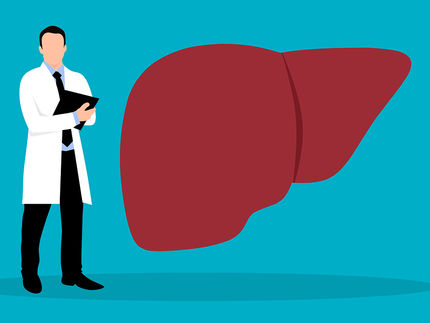Second Phase III Study Evaluating Gilead's Viread(R) for the Treatment of Chronic Hepatitis B Virus Meets Primary Endpoint
Advertisement
Gilead Sciences, Inc. announced that Study 103, a Phase III clinical trial evaluating the company's once-daily anti-HIV drug Viread(R) (tenofovir disoproxil fumarate or tenofovir DF) 300 mg as a potential treatment for chronic hepatitis B virus (HBV) infection, met its primary efficacy endpoint. The data show that Viread is non-inferior to the company's once-daily antiviral drug Hepsera(R) (adefovir dipivoxil) among patients with "e" antigen (HBeAg)-positive chronic hepatitis B. The primary efficacy endpoint, the proportion of patients with a complete response at week 48, was defined by serum HBV DNA levels below 400 copies/mL and histologic improvement characterized by at least a two point reduction in the Knodell necroinflammatory score (a measure of necro-inflammation - an inflammatory process in the liver including or leading to death of liver cells) with no concurrent worsening of fibrosis (scarring of liver tissue).
Study 103 is the second of two Phase III pivotal studies evaluating the efficacy, safety and tolerability of Viread for the treatment of chronic hepatitis B to have met its primary efficacy endpoint. Earlier this month, the company announced that the first study (Study 102) met its primary 48-week efficacy endpoint showing that Viread is non-inferior to Hepsera among patients with HBeAg-negative/anti-HBe positive (presumed pre-core mutant) chronic hepatitis B.
According to Gilead, the active ingredient in Viread, tenofovir DF, is currently the most prescribed molecule in the United States for combination HIV therapy. Viread received approval as an anti-HIV medication from the U.S. Food and Drug Administration (FDA) in October 2001 and from the European Commission in February 2002. Viread is not approved as a treatment for chronic hepatitis B, and data from this analysis have not been reviewed by the FDA.






















































